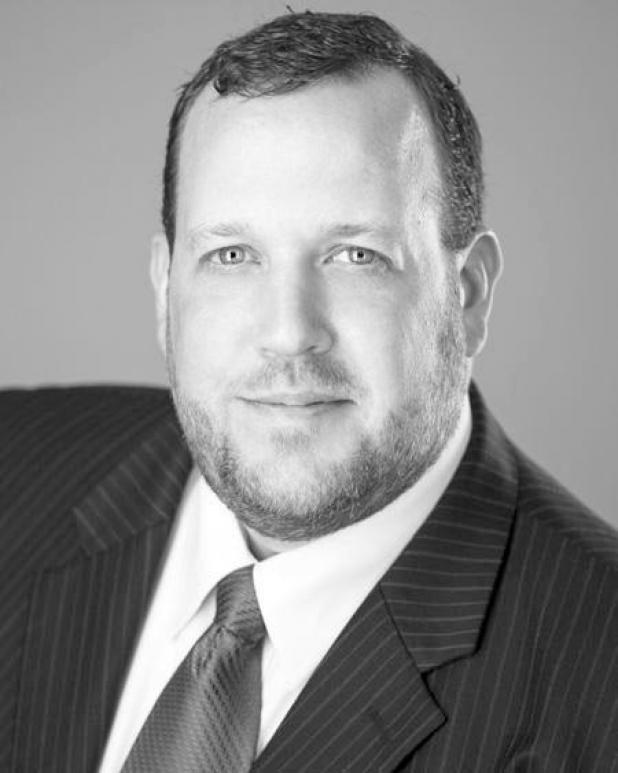
Jeremy Alford: Partisan strategy may shape La. speaker election
By JEREMY ALFORD
After two terms of contentious leadership elections that bitterly divided members, House Republicans are meeting privately to develop a nomination process for future speaker candidates.
State representatives hope to amend GOP Delegation bylaws by the spring of 2023, leaving plenty of time for speaker candidates to adjust to the new framework prior to the January 2024 organizational session, when votes will be cast.
By uniting behind a single nominee in a private delegation vote, Republican representatives may be able to rid themselves of some, but not all, of the clunky horse-trading from recent terms.
The past two elections for speaker swung on complicated arrangements between caucuses and delegations involving chairmanships and committee assignments, which in turn created new types of schisms in the Legislature’s lower chamber.
Democrats, for example, were the difference-maker in 2020 for Republican Speaker Clay Schexnayder of Gonzales, who was unable to unite the GOP Delegation.
In return, Schexnayder gave Democrats plum committee posts, which upset some Republicans.
But Schexnayder has also removed lawmakers from these posts since then and replaced them with Republicans (or in one case an Independent), upsetting Democrats.
Schexnayder was opposed on the 2020 leadership ballot by fellow Republican Rep. Sherman Mack of Albany.
Having two popular Republicans on the same ballot rocked the House and split apart traditional alliances.
Under the proposed system currently being discussed by lawmakers, that may not be allowed again.
This could be the first time lawmakers use delegation bylaws to shape internal elections, at least in recent history.
Such a nomination process — depending on what’s ultimately adopted — could even help insulate representatives from the pressures of external forces, including but not limited to future governors.
Influence from the Executive Branch is an important consideration for lawmakers moving forward.
Just two terms ago, governors were expected to bless candidates for House speaker and Senate president.
But that changed more than six and a half years ago when the Republican Legislature began ignoring the wishes of Democratic Gov. John Bel Edwards.
Should a Republican governor be elected next year to replace Edwards, the GOP-dominated Legislature may want to return to the process that involves them once again seeking permission from the state’s chief executive. Who knows?
It’s not yet clear exactly what lawmakers are discussing in terms of the proposed bylaws, but already one meeting has been held.
The gathering was attended by roughly 40 to 45 representatives, including a dozen or so by Zoom. (The House has 105 elected representatives and, of those presently seated, there are 69 Republicans, 34 Democrats and two Independents.)
Rep. Mark Wright of Covington, the vice chairman of the Republican Delegation, has led efforts so far. He said another meeting of the study committee will be held in the fall. “We’ve been a broken delegation for a while,” Wright said.
“This is a way we can heal wounds and look ahead. If we can’t get a two-thirds vote for a concept, for just a process, we may have more work to do than we thought.”
Representatives will also need to embrace a new way of practicing politics in Capitoland if they move forward.
Delegation members will have to stick to their commitments and be held accountable by the leadership structure.
Members may also want to consider upping the number of votes for a nomination to 53 — to match what’s required to elect a speaker on the floor.
Don’t forget: Rep. Mack enjoyed majority support from the Delegation (in the form of 39 votes) just prior to losing his 2020 bid to Schexnayder and the speaker’s Democratic allies.
From separate lunches during sessions and lopsided attendance at public events to screaming matches on the floor, the divisions in the House GOP have been hard to miss this term. “It’s not healthy. It’s not beneficial to anyone,” said Conservative Caucus Chair Jack McFarland of Jonesboro.
“Now, this is surely all part of the growing pains that come with capturing majorities and building your ranks. But it doesn’t have to keep ending with the same results.”
If Republicans can manage to put enough votes behind a single name next term, Democrats would also lose their ability to negotiate committee assignments.
In recent leadership elections, Democrats have been a determining factor, as noted above, leading to concessions not all Republicans loved.
To make sure that doesn’t happen again, there are rumors about a group of GOP super-donors exploring the possibility of a pledge for all House candidates to sign next term. The goal would be to extract promises for a single nominee process.
Lawmakers, of course, could avoid such a pledge initiative by codifying a new nomination procedure in the Delegation’s bylaws.
No matter what they do, representatives will have a front row seat for the next evolution of the speakership, which will no doubt track partisan lines.
For more Louisiana political news, visit www. LaPolitics.com or follow Alford on Twitter @ LaPoliticsNow
